AI Will Not Kill Us. It Will Seduce Us.
AI chatbots and robots will not be our enemy but our friends and yes, lovers.
The main claim of this piece is that, while there is a worthwhile debate on AI’s likelihood to end humankind, there is another possibility that is perhaps more probable; AI will not destroy us. Instead, it will seduce us. By that I mean, humans will become so enamored with interacting with AI devices and ultimately, AI robots, we will lose interest in other humans and perhaps gradually die out.
The AI Apocalypse Debate
One of the critical debates around AI is whether it will eliminate humanity, with various pundits taking different positions on the probability. It is also a question many people on the street think about as well. A google search of the phrase, ““AI kills humanity” yields 135 million hits. I have written about how that might happen in earlier pieces.
Accompanying this debate, given that possibility and however high or low it might be, what is the best way to avoid it? That discussion has been one polarized between Effective Accelerationists and Effective Altruists (I wish each group would have picked dissimilar names so we could use acronyms to identify each group but here we are).
For some that would agree that AI might rid the planet of people, there is the belief that a new intelligence that would be smarter than humans would actually be a good thing. That discussion led to a fallout between two old friends and scions of the tech world, Elon Musk and Larry Page.
These are all important conversations to have but, as American historian T. J. Jackson Lears said…
“All history is the history of unintended consequences”
A recent example of this occurred in 2020 when, in an attempt to improve global air quality, the United Nations put in place regulations that reduced ships' sulfur pollution by over 80%. So far, so good.
However, this reduction decreased the sulfate particles ships produce that seed reflective clouds and these clouds serve to cool the planet. Now this decline in sulfate particles emitted by ships has led to a faster warming of the planet, especially in the Atlantic with dense maritime traffic. Per one estimate, the reduction in cooling effect is comparable to losing the cooling effect of one large volcanic eruption annually.
As I am fond of saying, the one law that is always in play is the law of unintended consequences.
How AI Will Seduce Us
A quick canary in the coal mine to the future I envision is offered by comparing the two AI apps, ChatGPT to Character.ai. ChatGPT’s interface is simple and built to enable the user to easily come in, interact with ChatGPT to accomplish their task and then move on.
Character.ai, however, is a different beast. It offers many different types of personalities with which the user can interact. This difference in approach means that users often spend about two hours per day on Character.ai, which is 3X-4X higher than the top 100 website average. In fact, Character.ai’s engagement time is higher than that of YouTube.
According to other data, Character.ai’s engagement time per visit is 3X that of ChatGPT. By making the AI more humanlike, it appears humans will be more likely to engage over long periods of time.
AI Tutors
Khanmigo is a tutor for young children that is a result of a partnership between Khan Academy and OpenAI. Their goal is “tutoring for all” via AI to “bring the benefits of one-on-one tutoring—deep understanding, confidence, clarity, and empowerment—to all students.”
Khanmigo is powered by ChatGPT but the chatbot is put in a “wrapper” that doesn’t give the student answer, like ChatGPT would. Instead, it uses a Socratic approach to help the student figure out the answer themselves.
In a few years the expectation is that most, if not all, students from kindergarten up through graduate school will be using tutors to augment their learning. How that will change education overall and how individual students learn is yet to be determined. Like all technological impacts, there will be some benefits but also some losses.
For example, with GPS it’s now much easier for people to find their way to where they want to go. However, if I lost my GPS, I could easily navigate using a map. But for those that grew up with GPS, how many have map-reading skills and could negotiate their path to their destination? That skill may never have developed or are severely degraded for younger people, as have their cursive writing skills (which is now a problem since many professors are using blue book exams to keep students from using generative AI on their tests).
AI Caretakers
In Korea, the Hyodol is a doll and companion that also serves as a monitor and caretaker for older, lonely adults.
The Hyodol system has three components; the companion robot, an app for the caregivers and the monitoring system. The companion doll serves multiple functions; providing interaction, touch, health reminders, monitoring and alarms.
As the Hyodol website boasts, the companion provides emotional support, health reminders and safety via monitoring - all crucial things for those elderly who live alone. The need for these AI companions will become increasingly important as populations in developed countries age and the number of children per couple in those nations falls.
AI Helpers
EVE is an experimental robot helper, created by a Norwegian firm, 1X Technologies, with the AI features powered by ChatGPT from OpenAI. It can help around the house by performing chores such as cleaning and cooking but also can work in a business environment such as a science lab, factory or a healthcare facility.
It is therefore a general purpose robot, made possible by its physical capabilities delivered by 1X combined with its intellectual abilities provided by OpenAI. As it becomes more refined and capable, the number of tasks it can do and venues it can operate on will increase significantly.
Photo Source: Fox News
AI Entertainment
We already spend hours interacting online, playing video games and watching TV. We have gone from Hunting Man to Agricultural Man to Industrial Man to Screen Man, as the tweet below suggests.
Games, movies and online books will be immediately customizable by consumers, with new scenarios, chapters, plot lines and ending available with the touch of a button or a few verbal commands to your device.
Per the thought leaders at Coatue, there will be an endless array of entertainment opportunities via the customization offered by AI.
These will likely prove very seductive, and one will have to choose between interacting with these forms of entertainment or with real, live humans. We only have to look at people in public, who may sit or stand together but instead of talking to their companion, spend that time looking at their phone.
AI Friends
Replika offers a case in point of an AI “friend”. It’s home page bills its chatbots as “The AI companion that cares” and they play the role of friends but also romantic interests, depending on the needs and desires of the user.
People who are lonely, have lost a lover, friend or loved one can find a type of companionship in chatbots like Replika. While it’s not a “real” relationship with an actual human being, some users have no actual close friends. Others find the chatbots more caring and responsive than actual humans. The connection can be so powerful that many users were devastated when the firm removed the romance feature. The ERP feature (meaning “Erotic Roleplay”, not “Enterprise Resource Planning”), which enabled flirting, sexy clothes and revealing selfies from the application, was disabled due to pressure from the Italian Data Protection Authority in early 2023.
It was so bad that some users were directed to a suicide hotline to help them through the crisis.
Happily for users, due to their demands the ERP feature was quickly reinstated and many AI relationships were reestablished, as this article, Sexy Time Returns to Replika Chatbot, explains.
Are these chatbots who replace humans as friends or lovers good for humans? A recent paper titled Loneliness and suicide mitigation for students using GPT3-enabled chatbots includes these findings.
“A survey of 1006 student users of the Intelligent Social Agent, Replika, investigated participants’ loneliness, perceived social support, use patterns, and beliefs about Replika. We found participants were more lonely than typical student populations but still perceived high social support. Many used Replika in multiple, overlapping ways—as a friend, a therapist, and an intellectual mirror. Many also held overlapping and often conflicting beliefs about Replika—calling it a machine, an intelligence, and a human. Critically, 3% reported that Replika halted their suicidal ideation.”
“RoboMate” - the AI Lover
The next step is obvious; it will be robot that combines the AI chatbot companion features with the robotic capabilities of an EVE and adds a more human exterior in terms of facial features, skin and anatomy.
It doesn’t take great imagination to ponder the advantages of these “RoboMates” or understand their potential appeal.
They are always there, always ready to interact and always supportive.
They do not age but can be upgraded or replaced.
The only limit to how many you can have is your budget
You can finetune the personality you want and customize their looks to match those of an ideal lover, a past lover or a celebrity.
They won’t break up with you.
They can carry our tasks and chores you need done.
They can answer questions, much like ChatGPT now but only better.
This type of robot may not be that far off. My best guess is that early prototypes will start appearing in 5-10 years. Given the human need for attachment combined with the addictiveness of AI and the increasing loneliness many people feel, I expect many to forsake pursuing human contact and instead preferring those of AI robots.
How It All Ends
No one except a handful of people in Silicon Valley predicted the revolution and changes created by the introduction of ChatGPT in November back in 2022 and anyone who says they know how generative AI will transform humanity and society is a snake oil salesman. Ergo, there is no way to predict what new advances there will be nor ultimately what those technological leaps foretell for us humans. For me to write here that I am absolutely sure AI will seduce us, kill us and/or ultimately make our lives richer would be a fool’s errand.
However, I have sought here to paint one scenario of what may transpire in the near future and one possibility of its outcome - with AI promising so many benefits to humans it leads us to prefer to befriend, love and live with AI companions over other humans.
Speaking about the new wave of artificial intelligence that is generative AI, Yuval Harari said in the New York Times, “Social media was the first contact between A.I. and humanity, and humanity lost.” I hope that is not the case this second time around - that the picture I have painted is not how the future evolves. However, I share it with you as something to consider as a possibility, to entertain its implications and help humanity decide its path forward.










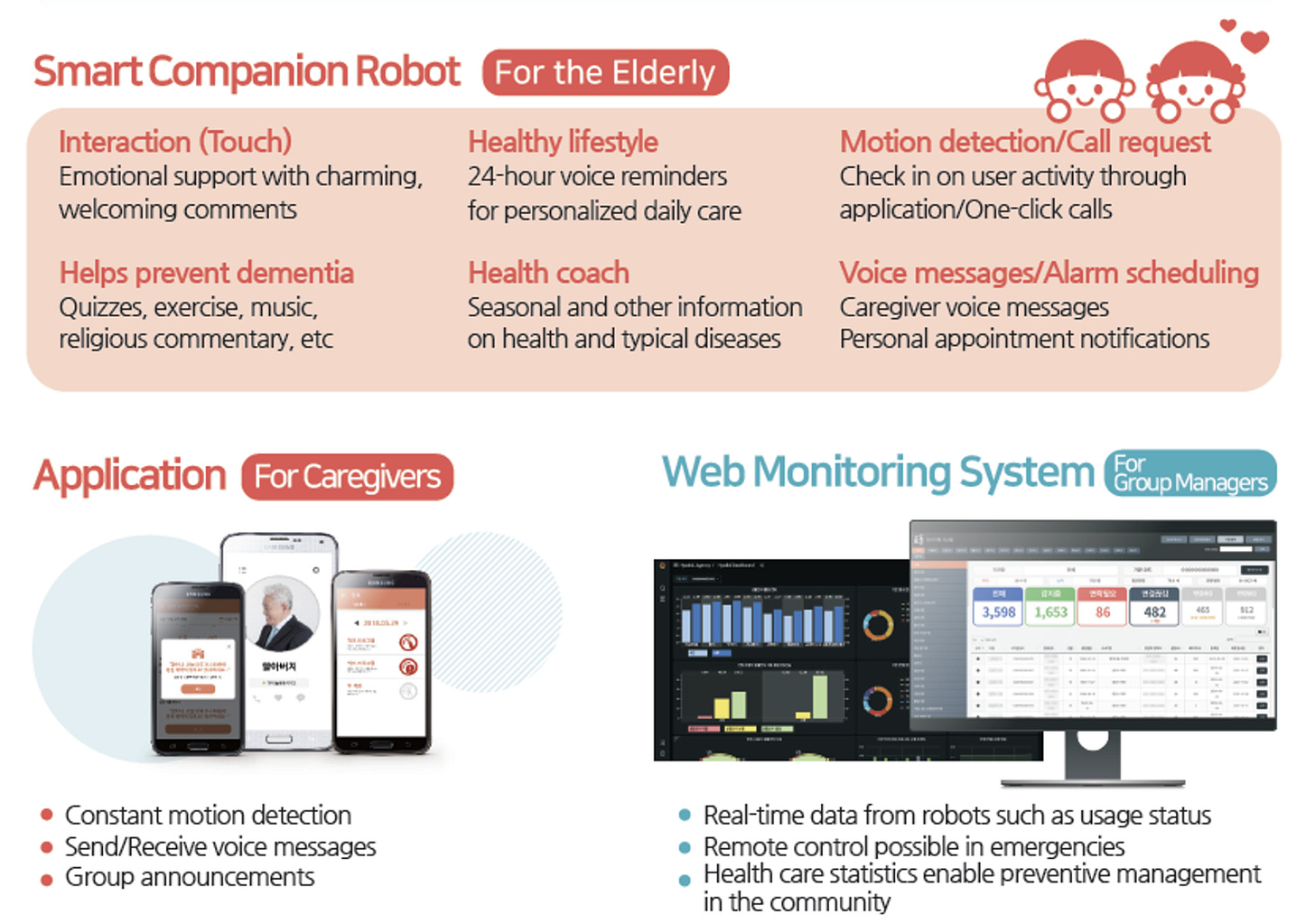
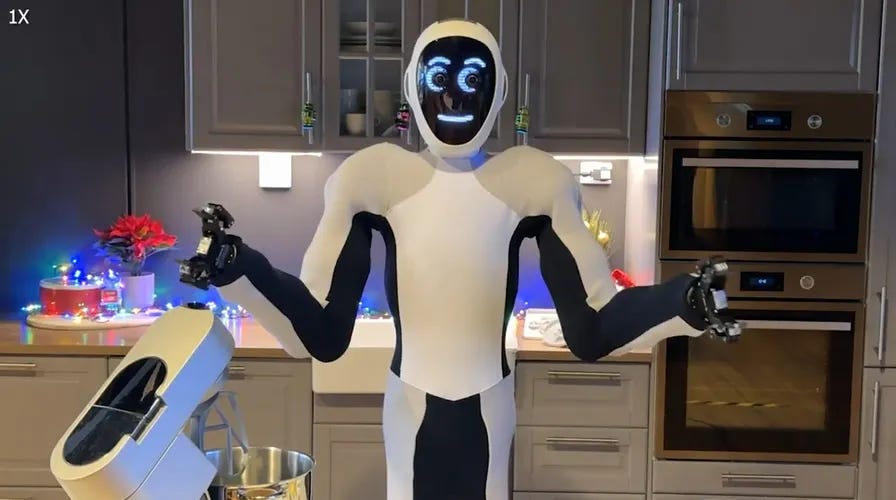
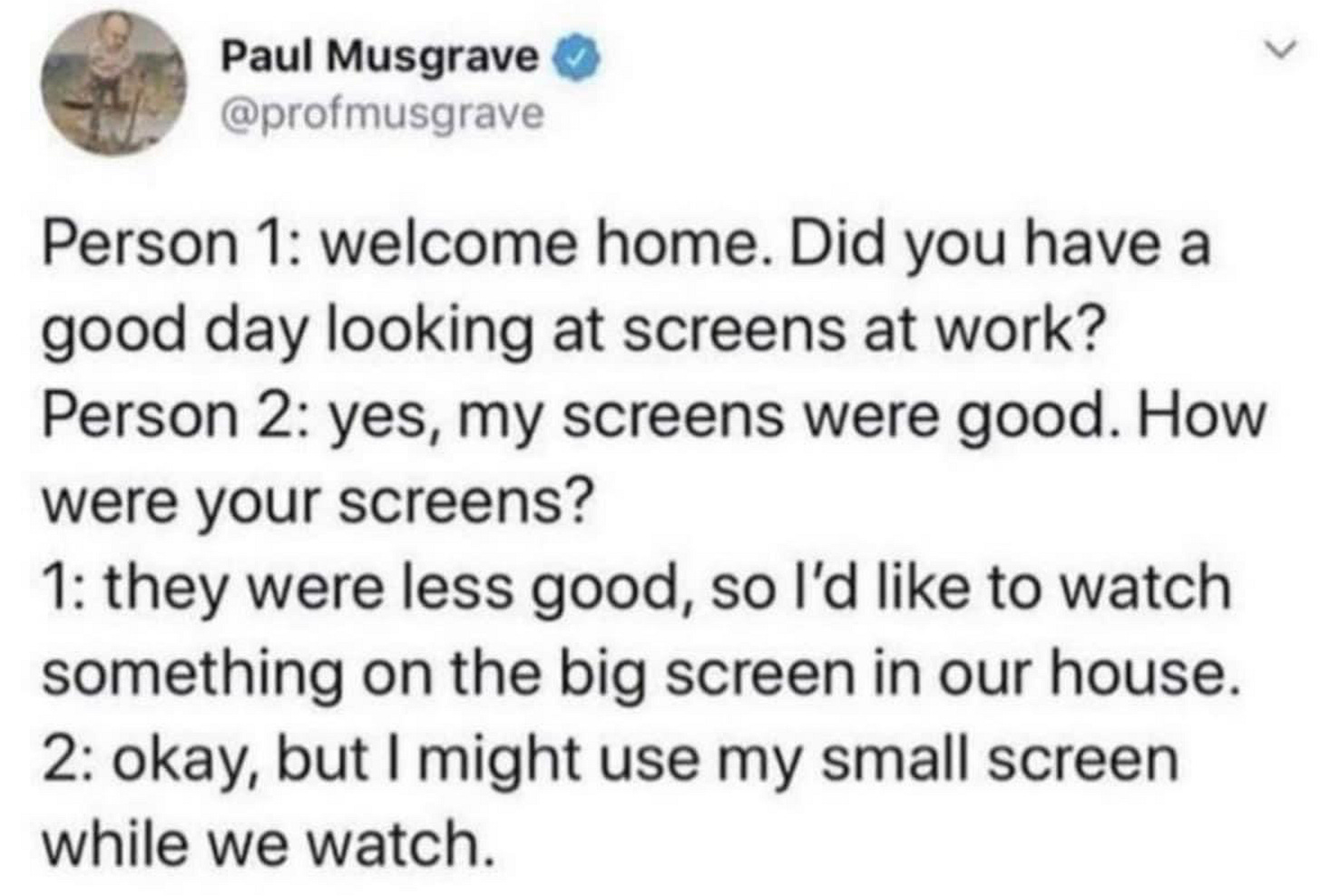


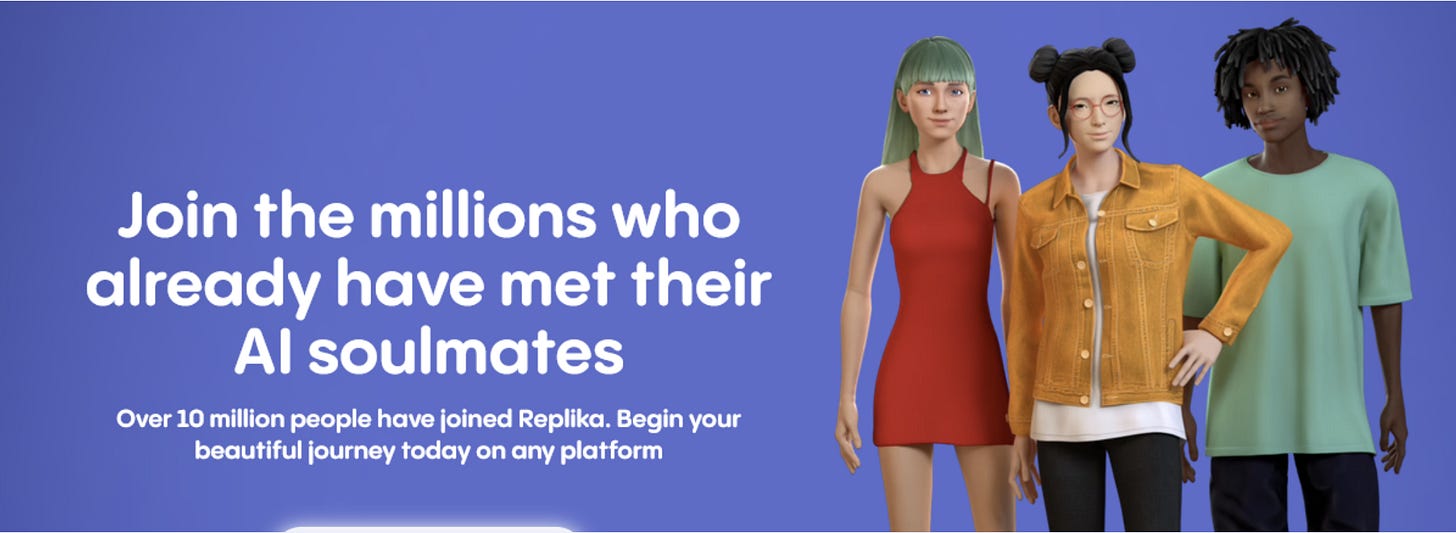
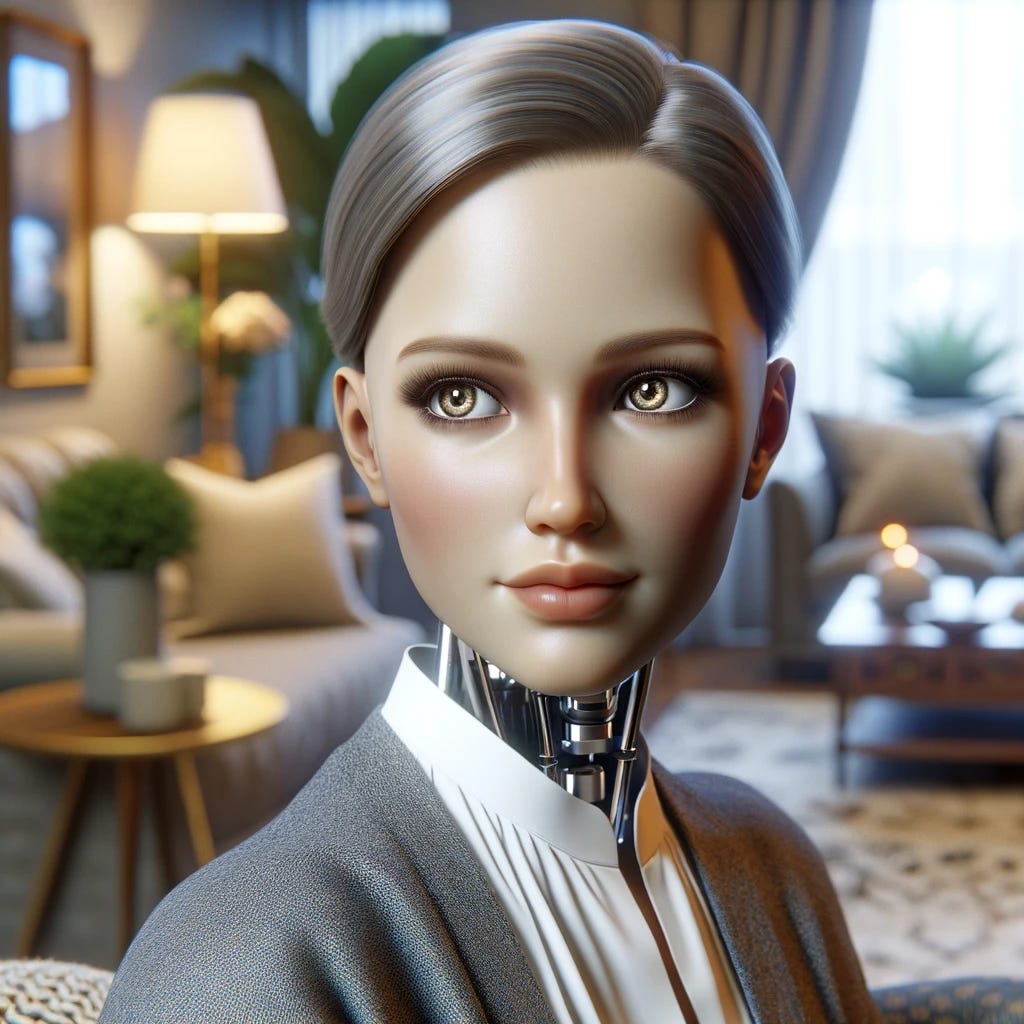
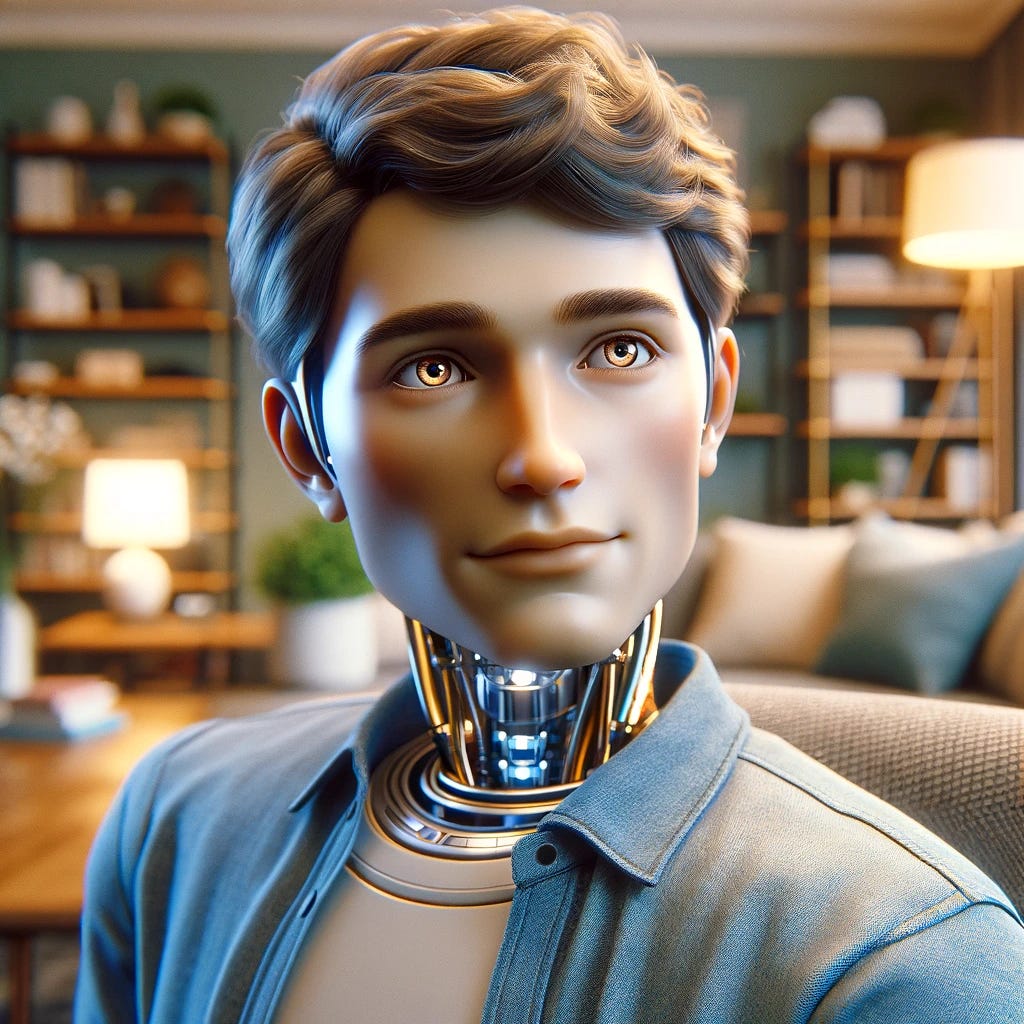
Another excellent, clear and most likely true contribution. Thank you Mark!!!
Very interesting thoughts and a great read. I agree that we will get more and more dependent on AI as long as the benefits of this codependency outweigh the cons.